Feel the Ball
If you can't, try loosening your grip. If you still can't, try spreading your fingers a bit. Your thumb, middle finger, and ring finger are the ones that hold the racket.
Nonetheless, feeling the ball isn't just something that happens to you if you hold the racket correctly; it's something you must consciously do.
Look at Your Errors
People tend to literally blink at their netted or out shots, then immediately avert their eyes. They do this to psychologically "distance" themselves from their errors.
But don't do that. See how far off-target the shot was. The unconscious learning centers of your brain need that feedback information. The results will amaze you.
Breathe
No joke. Inhale through your backswing and exhale through your fore-swing. Let go of a full release of air as you swing, like a sigh. That's what players who "grunt" are doing, but they vocalize it.
Doing it out loud is unnecessary but it helps in one way. The sound is strong feedback and becomes "grooved" as a part of your stroke. So, the brain habitually reproduces an exhalation as you swing if it's used to hearing one out loud. When you're used to hearing it, you'll notice the moment you tense-up and stop.
I tell players that, when they're not playing well, they should start grunting. Works like a charm. It not only relaxes them and boosts their energy, it corrects their timing, for the grunt is timed to coincide with the moment racket meets ball.
The next thing you know, they're loose as a goose, hitting off the front foot again, swinging slow, and making sweet-spot contact with the ball.
You can't pay enough attention to your breathing. Take a moment to be aware of it between points. Doing so instantly relaxes you, which is the key to playing well.
 Find more tennis tips on the tennis home page.
Find more tennis tips on the tennis home page.
Lonny Burgos is a tennis coach and doubles specialist in Austin, TX.
- 2
- of
- 2
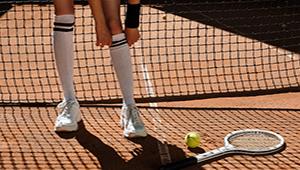


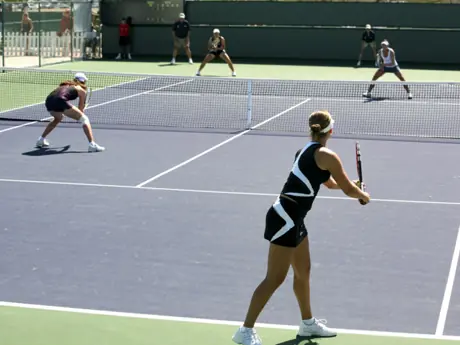
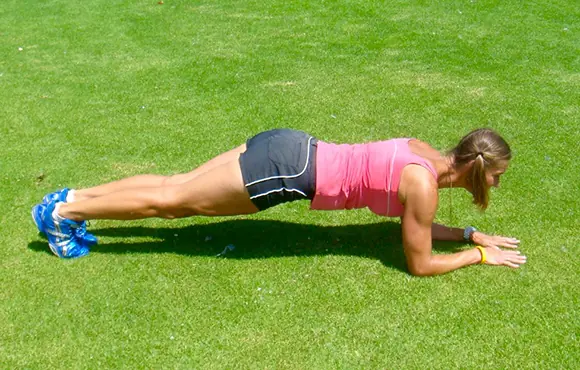
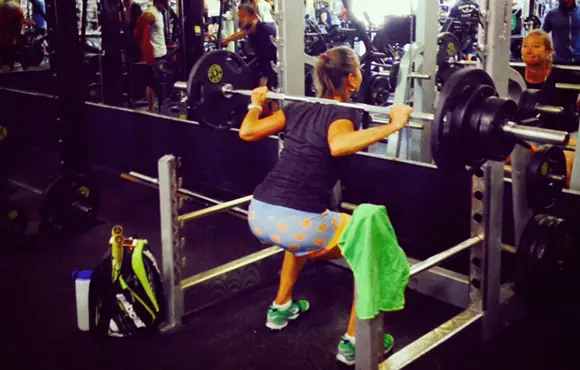

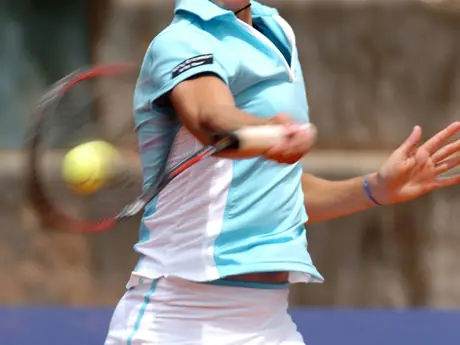
Discuss This Article